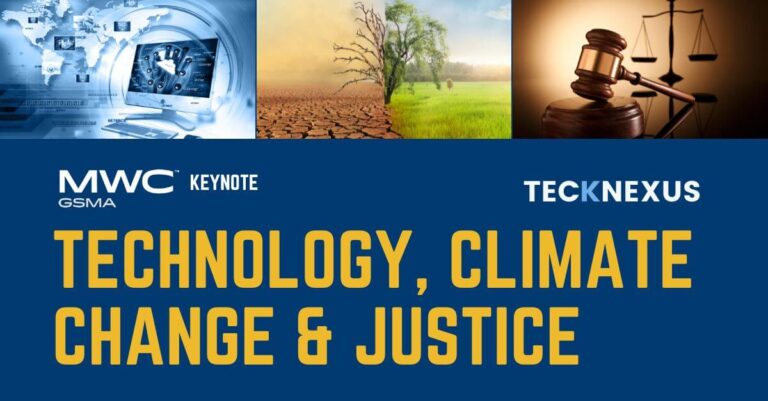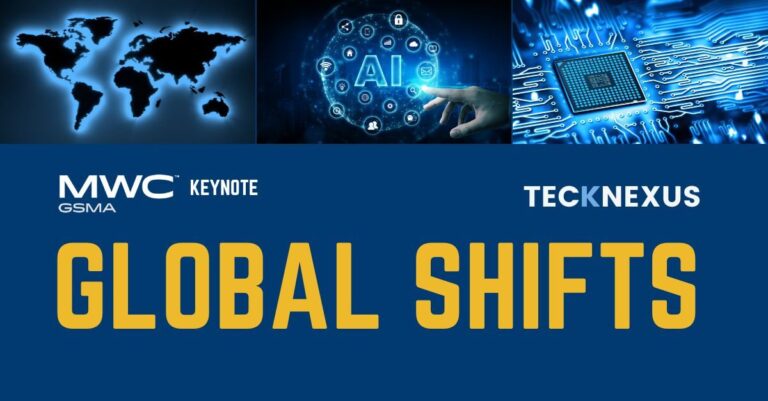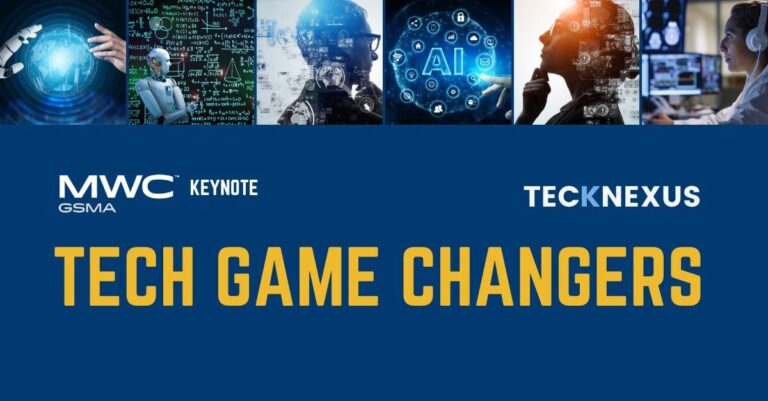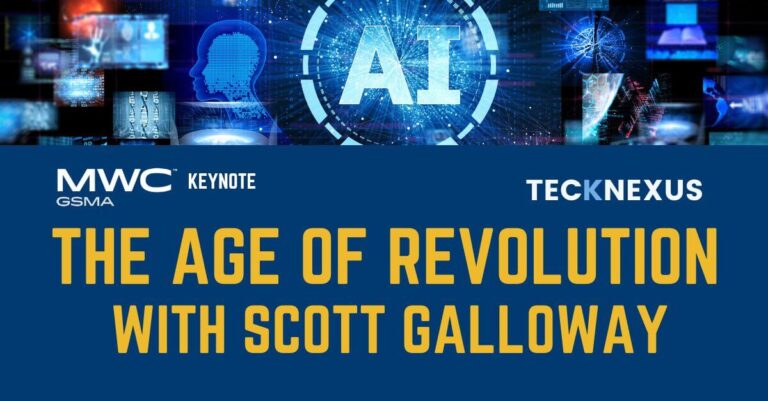Nvidia Faces Unyielding Demand for AI Chips
Nvidia (NVDA) CEO Jensen Huang is grappling with a challenge most companies would envy: demand far exceeding supply for the company’s AI chips and data center solutions. Despite concerns about a potential slowdown as Nvidia transitions from its current Hopper AI platform to the more advanced Blackwell system, Huang emphasized the strong demand for its products.
“People want to deploy these data centers right now,” Huang stated. “They want to put our graphics processing units (GPUs) to work immediately to start making and saving money. The demand is just so strong.”
Ahead of the earnings announcement, some Wall Street analysts speculated that customers might hold back on Hopper orders in anticipation of Blackwell units later this year.
However, Huang dispelled these concerns, noting that “Hopper demand grew throughout this quarter — after we announced Blackwell — which indicates the substantial demand out there.”
Nvidia AI Chip Supply Constraints and Manufacturing
Huang acknowledged that both Hopper and Blackwell platforms would face supply constraints well into the next year due to the intricate nature of these chips.
“Every component of our data center is part of the most complex computer ever made,” Huang said. “It’s sensible that almost everything is constrained.”
Nvidia’s Strong Financial Performance Amid AI Demand
For the first quarter, Nvidia reported impressive financial results, surpassing Wall Street expectations. The company achieved adjusted earnings per share of $6.12 on revenue of $26 billion, marking a 461% and 262% increase from the previous year, respectively. Non-GAAP operating income reached $18.1 billion. Nvidia forecasts revenue of $28 billion, plus or minus 2%, for the current quarter, outperforming analysts’ expectations of $26.6 billion.
Nvidia Announces Stock Split and Increased Dividend
Nvidia also announced a 10-to-1 stock split, with shareholders set to receive ten shares for every one share they currently own, effective June 10 for shareholders as of June 7. Additionally, the company boosted its quarterly dividend to $0.10 per share, up from $0.04. This news contributed to a more than 9% rise in Nvidia’s stock in early trading Thursday.
Nvidia’s AI Training and Inferencing Strategies
Huang discussed how Nvidia will manage the transition from AI training to AI inferencing, addressing concerns about large-scale cloud providers like Microsoft (MSFT), Google (GOOG, GOOGL), and Amazon (AMZN) potentially shifting away from Nvidia’s chips for inferencing. Huang remains confident in Nvidia’s position, asserting, “We have a great position in inference because it is a really complicated problem. The software stack is complicated, the models are complex, and the majority of inferencing today is done on Nvidia. We expect that to continue.”
Nvidia’s Expansion Beyond Major Cloud Services
Huang highlighted the growth in sales to customers beyond major cloud service providers such as Amazon, Microsoft, and Google. Companies like Meta (META), Tesla (TSLA), and various pharmaceutical firms are increasingly purchasing Nvidia chips. Notably, the automotive industry is becoming a significant market for Nvidia’s data-center chips. “Tesla is far ahead in self-driving cars,” Huang noted. “But eventually, every car will need autonomous capability.”
AI-Generated Video Demand to Boost Nvidia Chips
Huang also anticipates that AI-generated videos will significantly increase the demand for Nvidia’s chips. The rising need for more computing power to train and run advanced AI systems is fueling demand for Nvidia’s Grace Hopper chips, including the H200. This chip was first utilized in OpenAI’s GPT-4, a multimodal model capable of realistic voice conversation and interaction across text and images.
The generative artificial intelligence boom has been a major driver of Nvidia’s recent success. As Big Tech companies rush to develop and deploy chatbots, Nvidia expects new AI models that can create videos and engage in human-like voice interactions to further boost orders for its graphics processors.
“There’s a lot of information in life that has to be grounded by video, grounded by physics. So that’s the next big thing,” Huang told Reuters. “You’ve got 3D video and a whole bunch of stuff you’re learning from. So those systems are going to be quite large.”
Broad Industry Demand for Nvidia AI Chips Continues
Nvidia’s other customers, including Google DeepMind and Meta Platforms, have also launched AI image and video generation platforms, contributing to the surge in demand. The company forecasted quarterly revenue far above estimates after reporting more than five-fold growth in sales at its data center unit in the first quarter.
“The demand is broad-based, and the large language models need to be increasingly multimodal, understanding not just video but also text, speech, 2D, and 3D images,” said Derren Nathan, head of equity analysis at Hargreaves Lansdown.
AI models for video used in the automotive industry are also emerging as significant drivers of demand for Nvidia chips. Tesla, for example, has expanded its cluster of processors used in AI training to about 35,000 H100s as it pursues autonomous driving. Nvidia’s finance chief, Colette Kress, mentioned in a post-earnings call that the automotive industry is expected to be the largest enterprise vertical in Nvidia’s data center business this year.
Nvidia’s Path Forward Amid Rising AI Video Demand
Nvidia’s continuous innovation and ability to meet the rising demand for advanced AI systems are crucial as the company navigates supply constraints and transitions to next-generation AI platforms. The strong performance across various sectors, coupled with new opportunities in AI-generated video and other multimodal applications, positions Nvidia for continued growth and success in the rapidly evolving technology landscape.



























